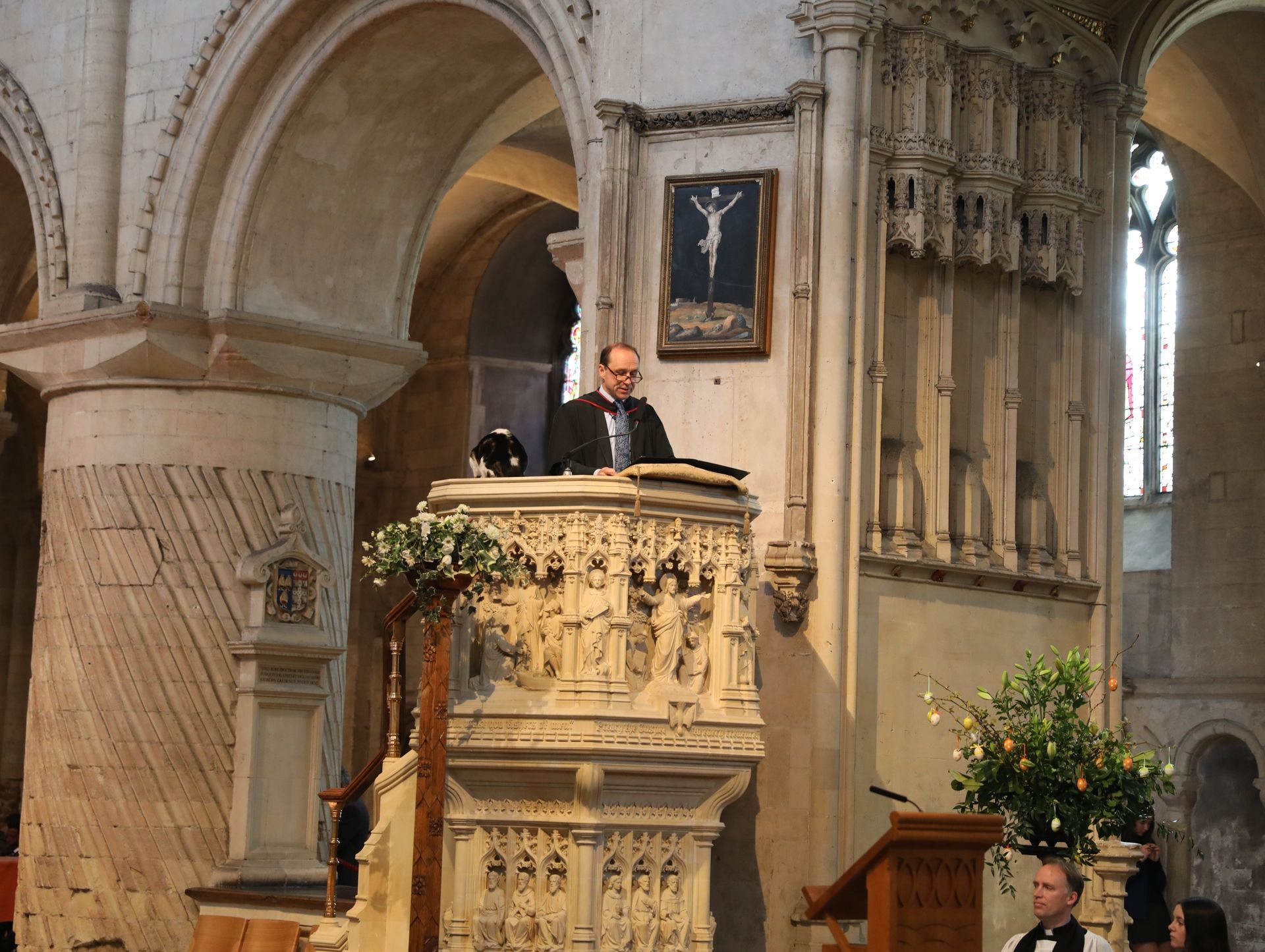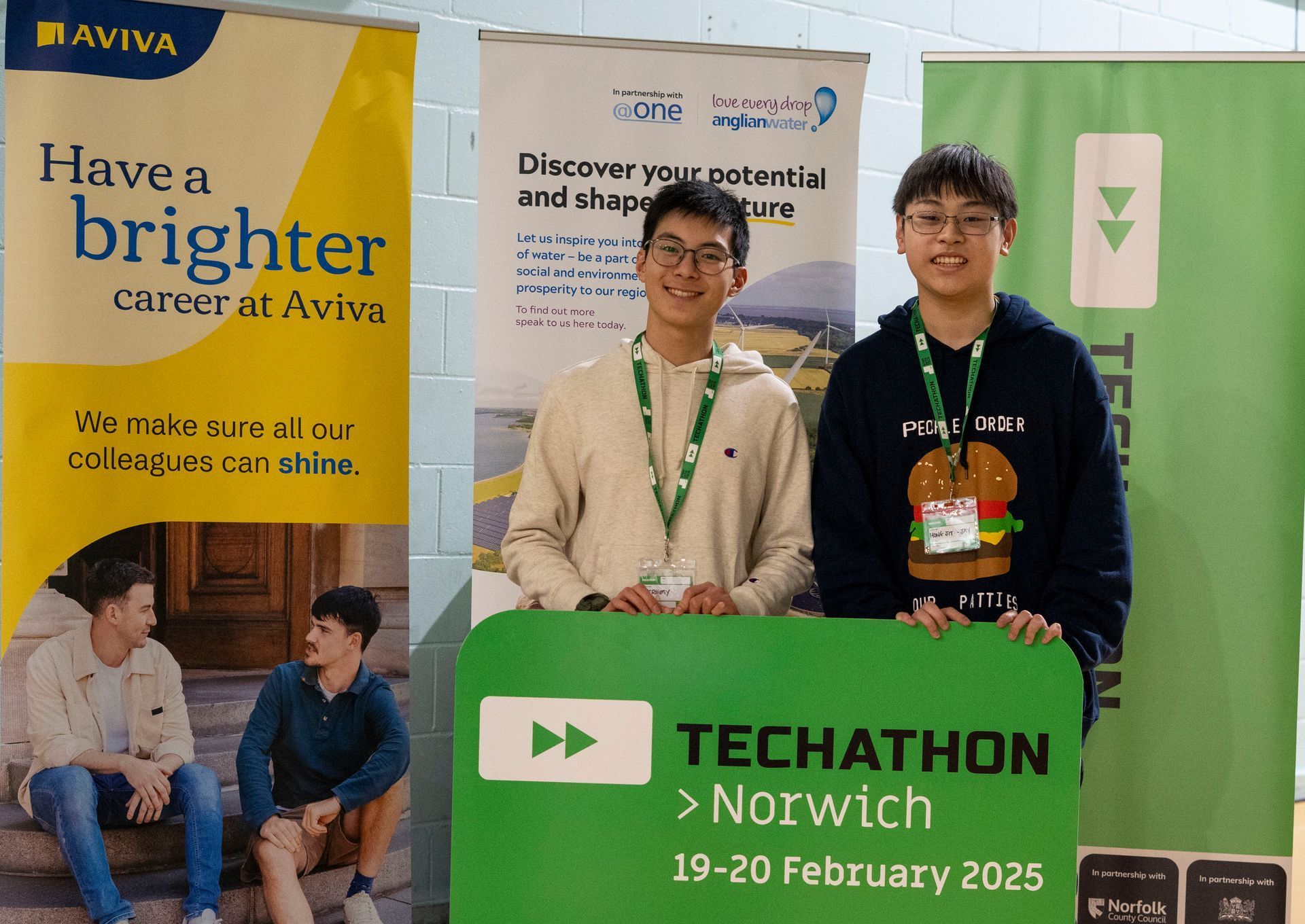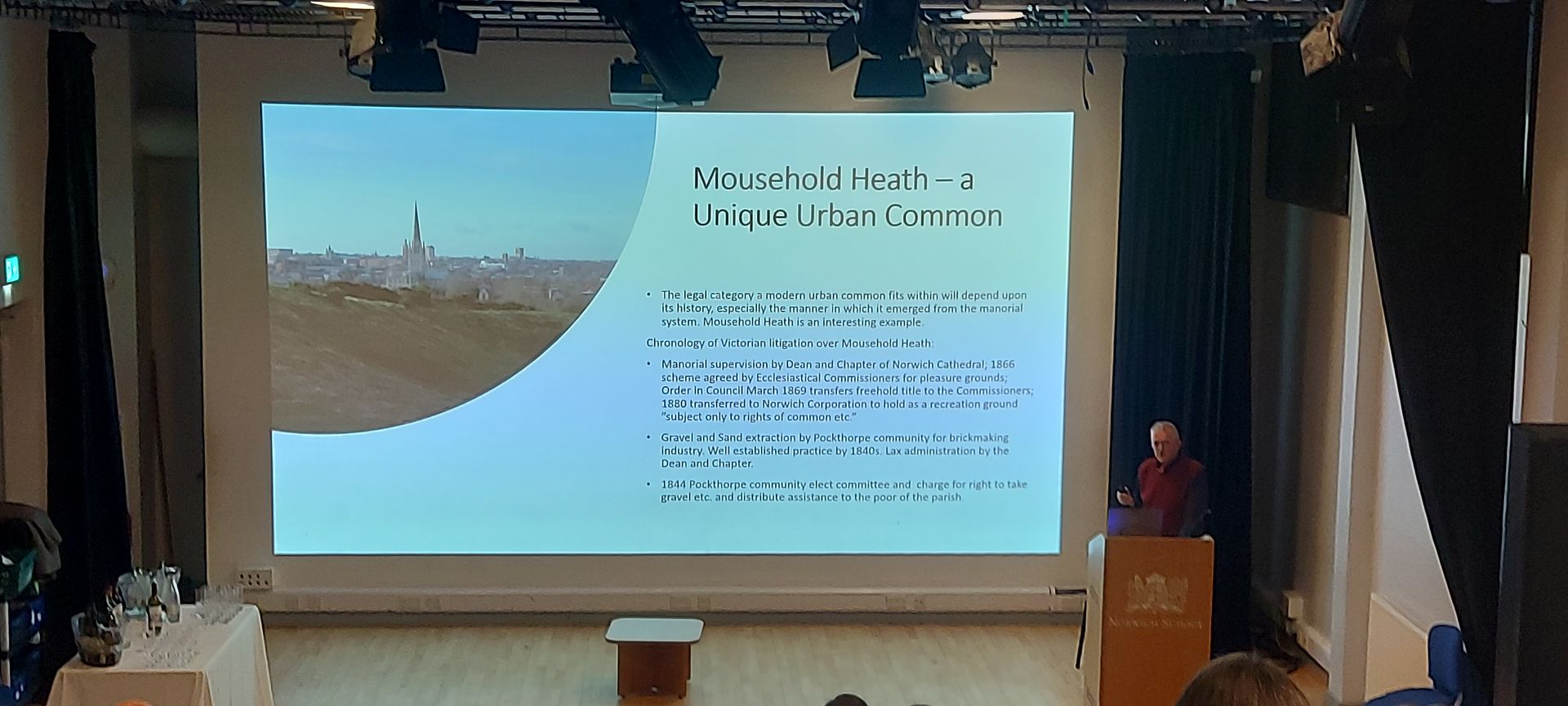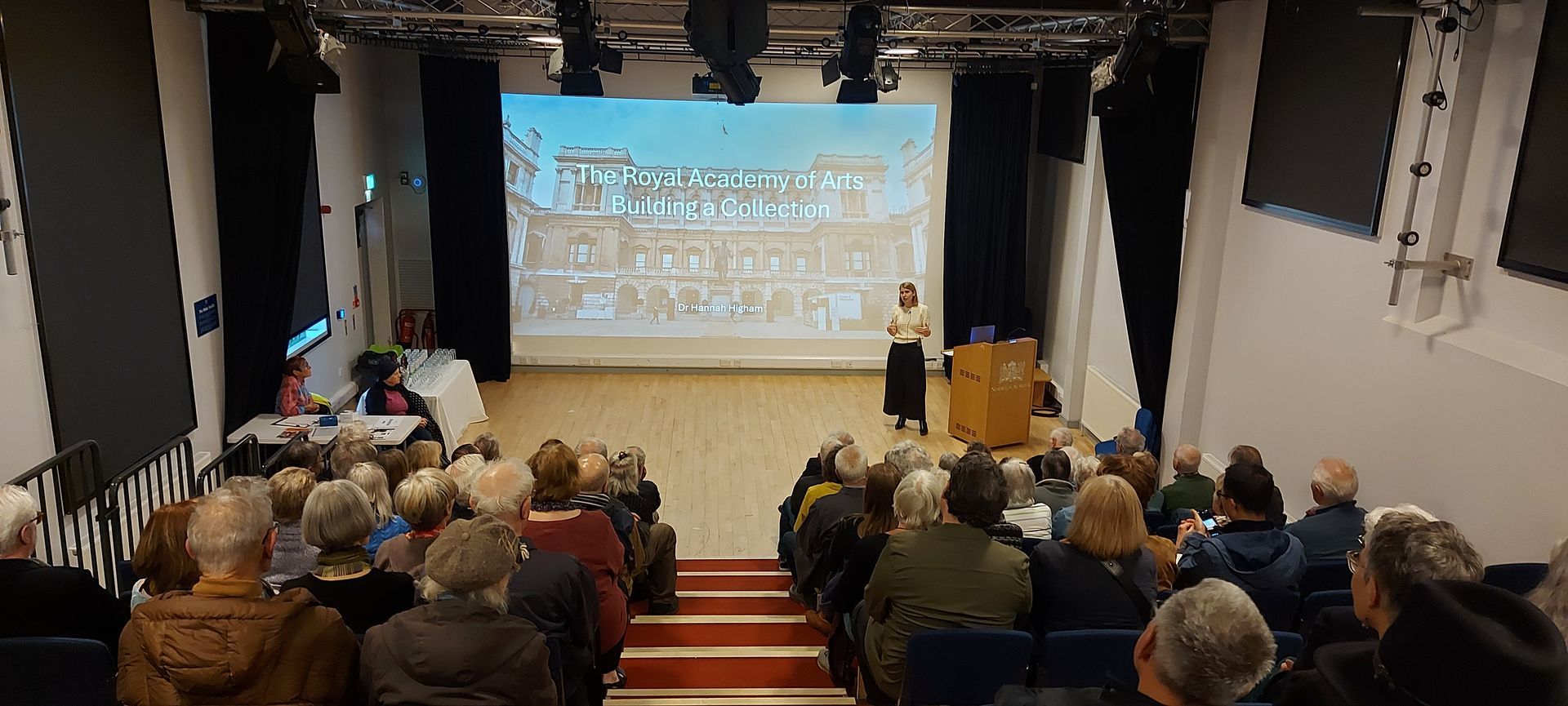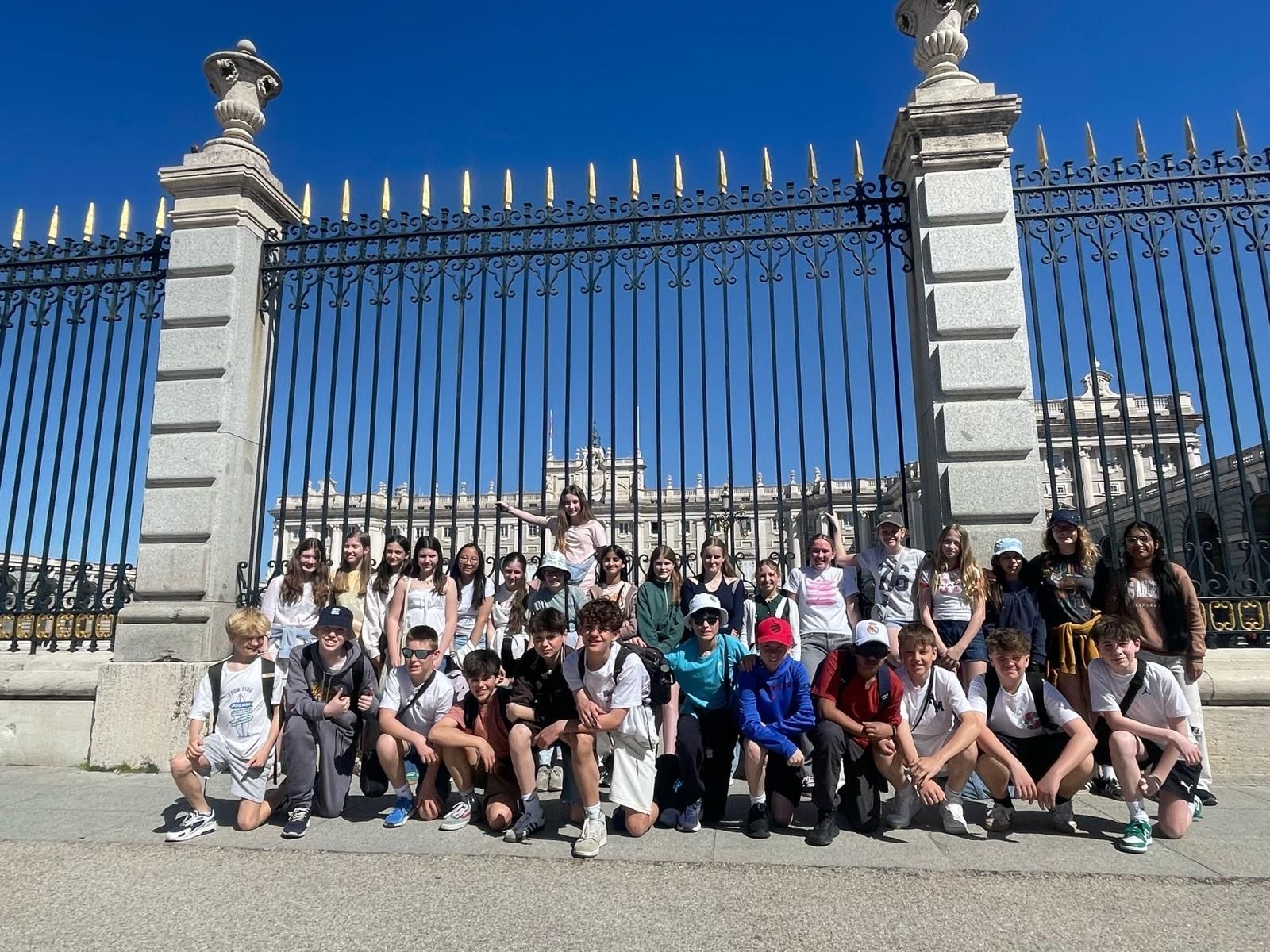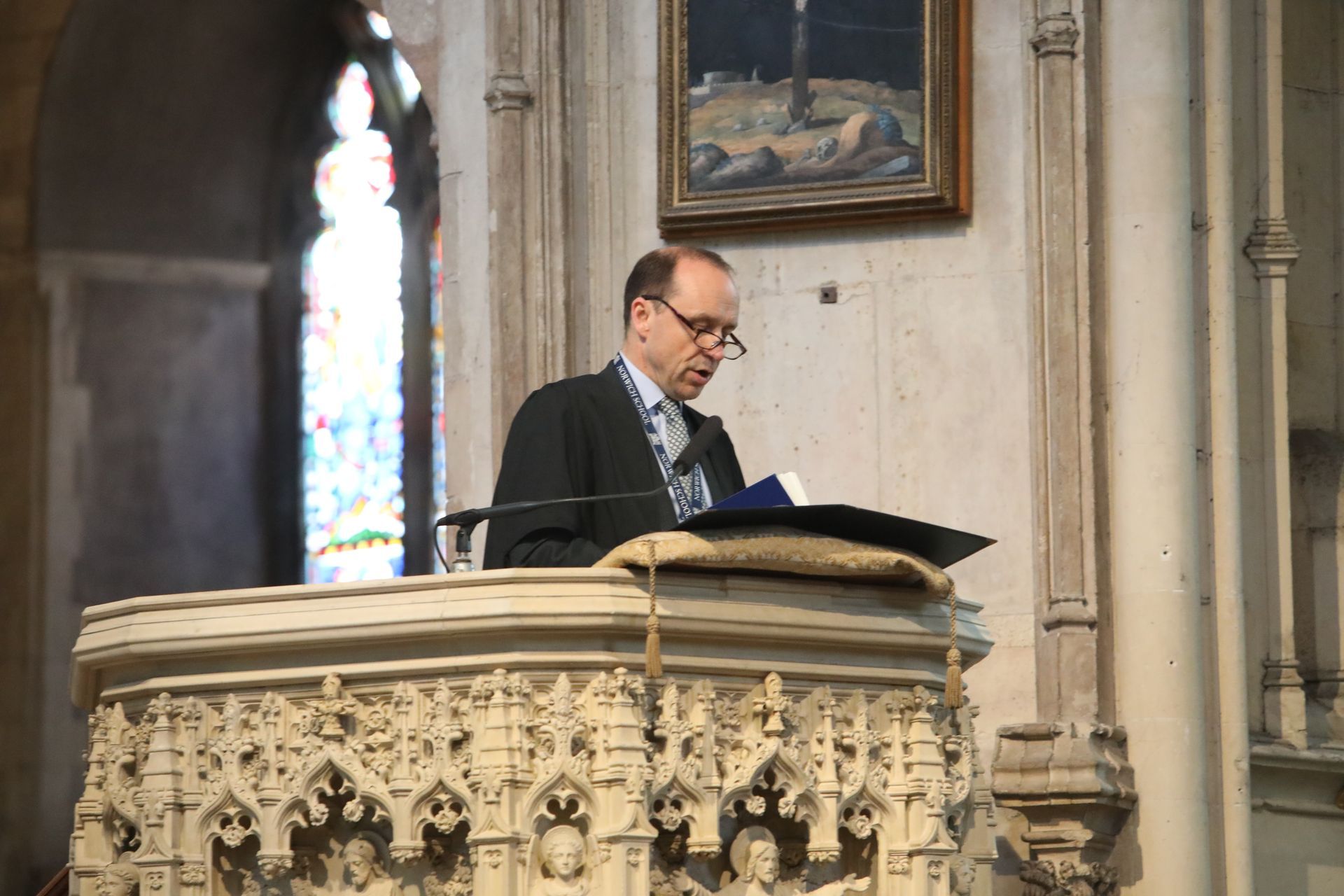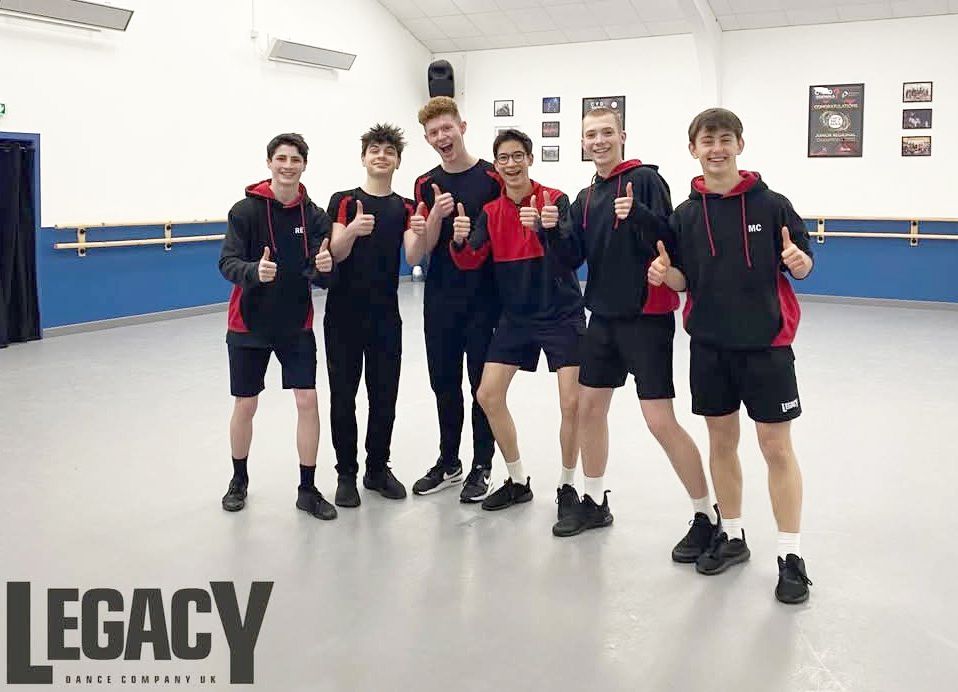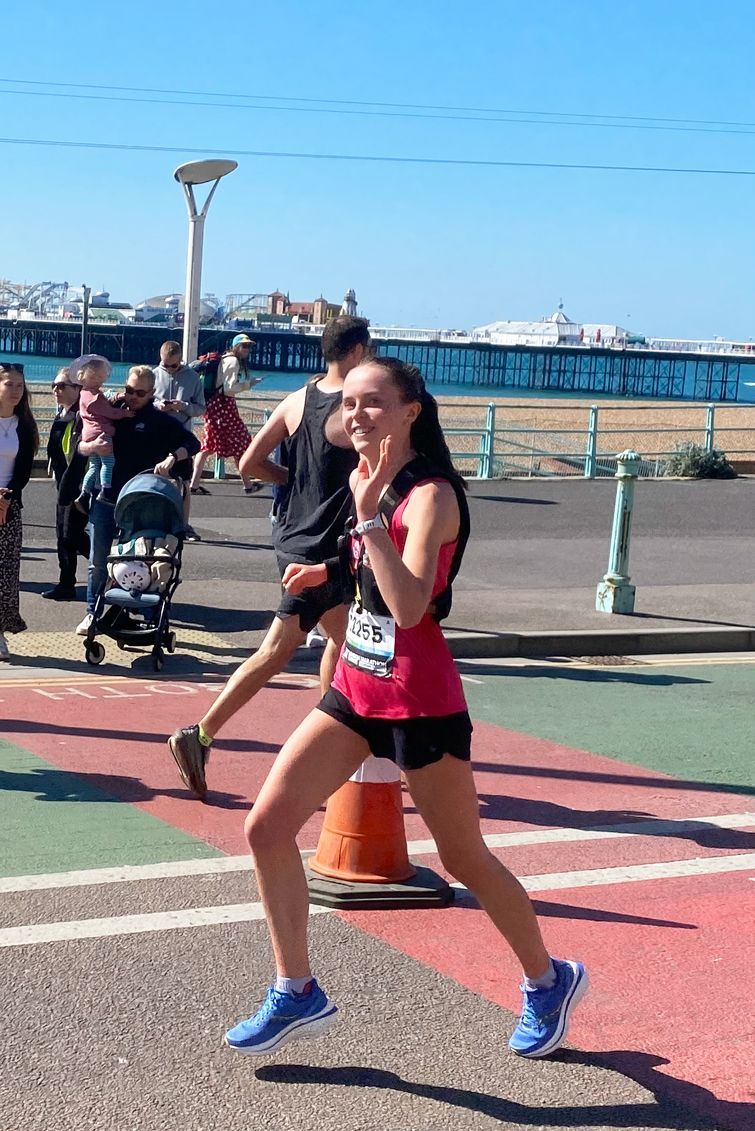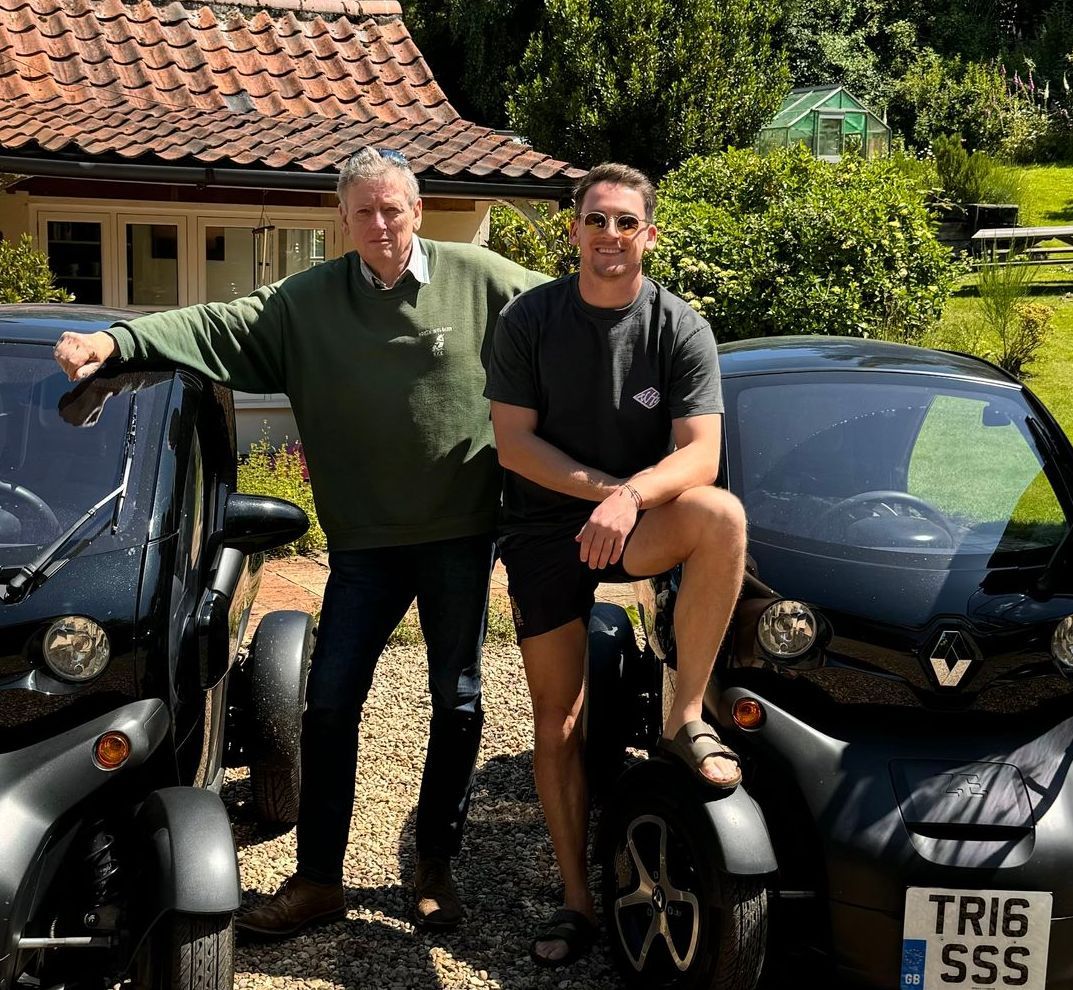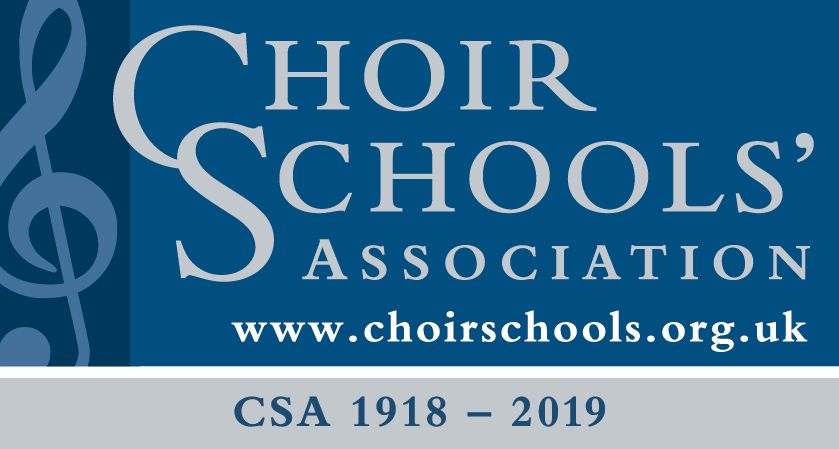Onward Routes for our Upper Sixth - Non UCAS Success Stories
April 1, 2025
Here at Norwich School we are delighted to celebrate the talented diversity of our Upper Sixth cohort as offers for onward routes continue to come in. Following on from blog posts on law and girls’ STEM university offers, we have chosen to focus on offers pupils have for non UCAS (the Universities and Colleges Admissions Service in the UK) routes.
With expert guidance from Mr Croston, pupils have received offers from leading universities in several countries outside of the UK. Congratulations in particular to Uma Patel (offer for Dentistry at the Universidad Catolica de Valencia, Spain), Edward Chan (Architecture at Hong Kong University), Bosco Tang (Dentistry at Hong Kong University) and Helen Ng (Computer Science at UST, University of Science and Technology, Hong Kong).
A huge variety of exciting opportunities with employers are now available to school leavers, almost all combining paid employment with training and further qualifications. The number of degree apprenticeships available in the UK is now four times what it was five years ago; our pupils who gain offers for these will work for a leading employer who trains them, pays them and pays for them to complete a full university degree alongside their employment. We are very fortunate to have Mrs James supporting pupils as they apply for these highly competitive programmes.
This blog post asks three pupils about their offers for non UCAS routes: Ava deCooper Wride has a full rugby scholarship for Quinnipiac University (USA), Archie Taylor has an accountancy degree apprenticeship offer from Price Bailey and Hugo Pattinson has an engineering degree apprenticeship offer from Airbus.
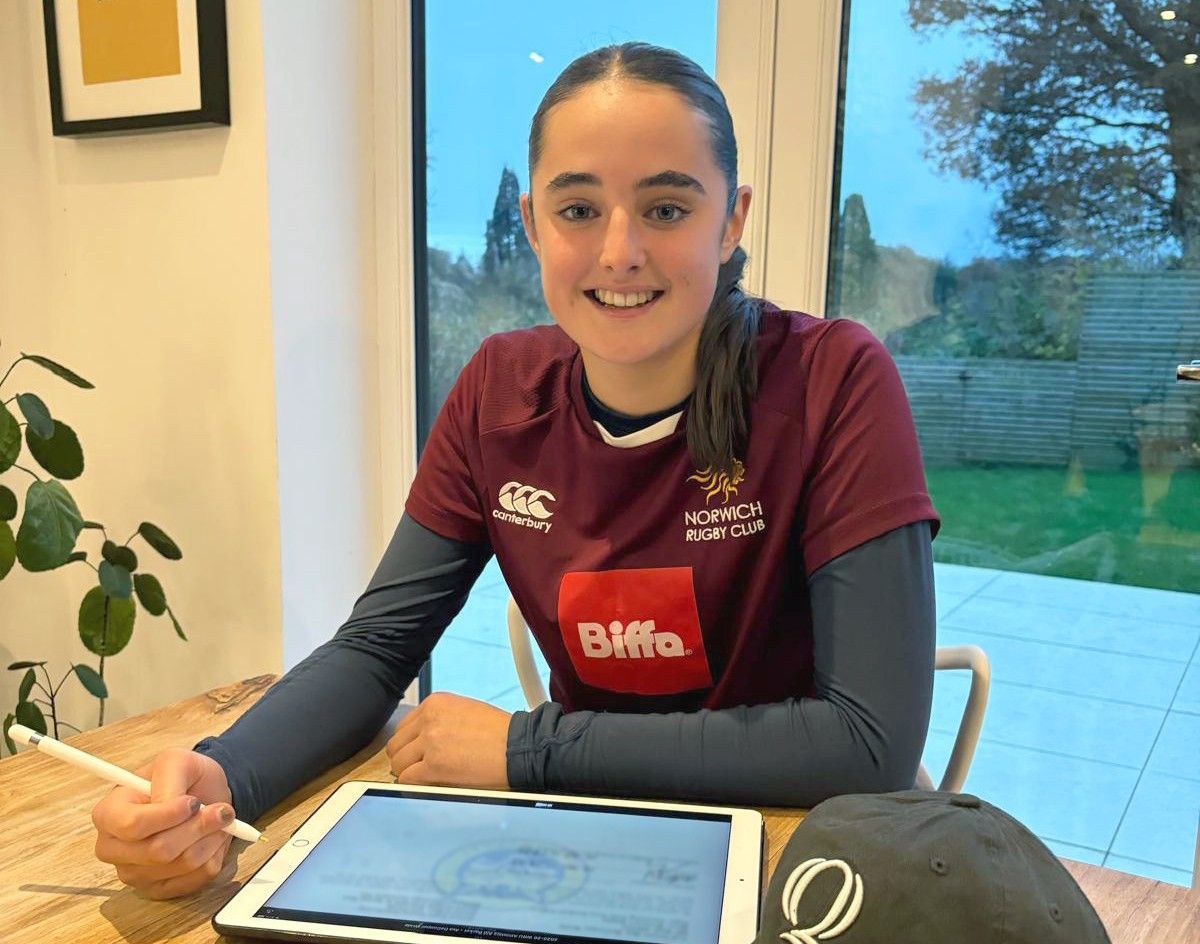
Ava deCooper Wride
Tell us about the US university offer that you've received i.e. what course(s) at which unis, what is the scholarship
I’m pleased to share that I’ve received an offer from Quinnipiac University, located in Connecticut on the East Coast (of the USA). I’ve been awarded a full academic and athletic scholarship, which I’m really grateful for. I haven’t decided on a major yet, as I’ll have the chance to explore different options during my first year before making a decision.
How did you secure this fantastic achievement? What did the application/selection process involve and when?
I began to build relationships with coaches in Lower 6. I achieved this through frequent calls and video footage submissions while also registering with the NCAA (National Collegiate Athletic Association). My coaches in England provided references, and I completed an online application followed by a face-to-face interview call. Eventually, I was invited on a three-day trip to meet the coaches and players in October 2024, which allowed both sides to assess if it was the right fit.
How did Norwich School help you during this application process?
There was a significant amount of paperwork involved, as Quinnipiac University were keen to assess my academic profile. This process included academic and character references from various teachers. Also character references from my sports coaches at school. Finally, a transcript of my grades and predicted grades, was compiled and submitted by Mr Croston.
What attracted you to studying in the USA? Tell us a bit more about the rugby out there.
One of the biggest reasons I was drawn to studying in the USA is how seriously they take collegiate sports. The level of funding, media coverage, and overall competitiveness is on a completely different scale compared to the UK. Women’s rugby, especially 7s, is also growing rapidly there, which makes it an exciting time to be part of the sport. I’ll be competing in Division 1 (D1), the top league, and training five days a week, with matches most weekends. The travel varies - many D1 universities that I will play are on the East Coast, but some tournaments, like the Tropical 7s in Florida, require trips across the country.
Tell us about the rugby you currently play - which club/side, any highlights to date.
Currently, I play club rugby for Norwich. I’ve also had the opportunity to play for Saracens, and I’m now in the PDG phase of the England Pathway, continuing to develop my game at a higher level.
You're a talented all-around sportswoman who holds a sports scholarship here. Which sports have you represented Norwich School (and/or any local/county sides..?) for and at what level? How have these other sports and/or the sports scholarship programme here helped your rugby?
At Norwich School, I’ve had the opportunity to play a wide range of sports, from tennis to cricket to hockey. However, the sport I’ve been most involved in has been netball. Outside of school, for netball, I play for Norfolk United and was previously part of the Saracens Mavericks pathway. I believe that playing multiple sports has really contributed to my development in rugby and vice versa - I think that playing any sport helps build game sense and a strong understanding of fundamental skills. Norwich School has also played a big role in my overall athletic growth. Through Athletic Development, I’ve improved my conditioning, and I’ve also gained valuable knowledge in areas like sports nutrition and psychology. All of this has helped me stay fit, healthy, and continue progressing in my sport.
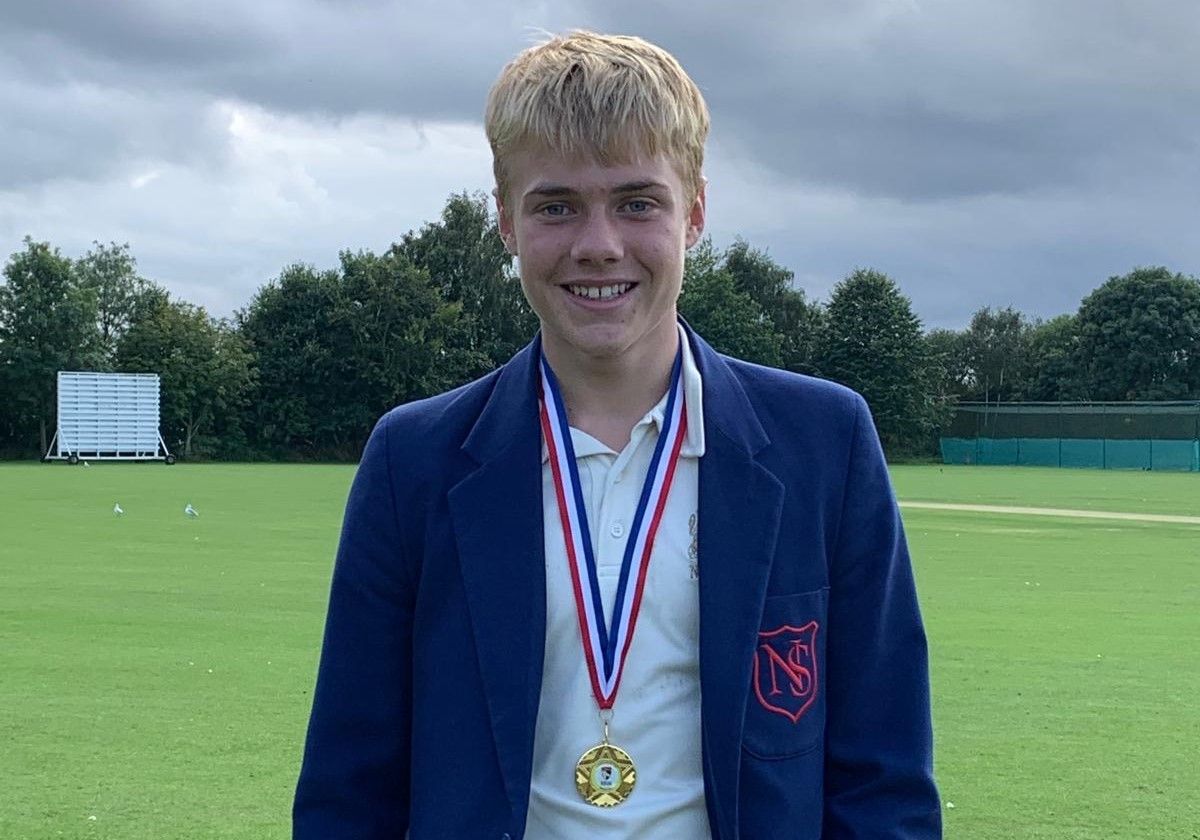
Archie Taylor
Tell us about the degree apprenticeship offer you have received.
I have received an offer from Price Bailey. I am based in the Norwich office in the outsourcing department. In this programme I will work a full-time job allowing me to gain hands-on experience while earning a level 7 qualification (masters equivalent) this will last for 5 years.
You also applied through UCAS for 'normal' degree course and have received several offers from top universities. What attracted you to applying to employers for a degree apprenticeship as a preferred route to this?
I was particularly drawn to the degree apprenticeship route because of its combination of practical experience and academic study. The opportunity to apply theoretical knowledge in real world setting, earn a salary while earning industry recognized qualifications without student debt and have the chance to become financially independent at the age of 18 was a big pull factor. Additionally working at Price Bailey will allow me to develop professional networks early in my career, putting me in a strong position for the future. Also, as the graduate market becomes increasingly competitive, I will have 5 years of professional work experience and if all goes well an offer to stay on at Price Bailey with no student debt.
How did you apply for your degree apprenticeships and what did the application process involve?
Overall, I applied to
23-degree apprenticeships (as they are highly competitive) by researching firms that offer a good, structured program with good career progression. The application process typically involved submitting an online application, followed by personality quizzes, situational judgement tests and potentially a numerical test depending on the industry. Then there will usually be a video interview stage where you film your answer to a question that you have around 2 minutes to prepare for. After this I was invited to an in-person assessment centre day where there are typically 5-20 people there going for a limited number of roles. This day will vary from different industries, but my day consisted of a 25-minute numerical test, a Q&A with the hiring managers and then 2 group tasks where we had to collaboratively find solutions to a business's problems from sources supplied to us and then give a 10 minute presentation to the hiring managers. This was mainly testing problem solving ability and most importantly the ability to work well collaboratively in a team. After this I was invited to an online interview with a younger person at the firm and an older experienced partner, this typically lasts from 20-45 minutes. The process is very rigorous and time-consuming, but it provided a great insight into the expectations of the industry.
How did Norwich School help you achieve this offer?
To begin with I spoke to Mrs James about career opportunities through apprenticeships as I was confident that was the path I wanted to take. Mrs James then provided support with CV writing and checking that it was good quality. After this when I made it to the assessment centre, I was able to reach out to her to ask for advice on how I should present myself and go about the day. Then when I made it to the interview stage, I had a mock interview with Mrs James and went through any questions I had, which helped with my confidence going into the real thing.
How will your degree apprenticeship work?
The job mixes on the job training alongside academic studying. I will be working 5 days a week with the option to work from home whenever convenient while studying for the ACA qualification which has a typical duration of 5 years. The firm provides study help alongside work; I will get time off work to attend lectures and take exams, while the rest of the revision I am responsible for doing outside of working hours. Over the course of the program, I will work towards professional qualifications, while gradually taking on more responsibilities within the firm.
What else have you been involved in at Norwich School outside of academic work? Will you be able to continue these activities when you start your degree apprenticeship in the autumn?
Beyond academics, I have been heavily involved in cricket and rugby at Norwich School, playing in the 1st team for both. While my apprenticeship will require commitment, I plan to continue to play cricket for Norfolk U18s and Lowestoft Town 1st XI. Maintaining a work-life balance is important so I will maintain a consistent gym and running routine on the side. The structured nature of the degree apprenticeship allows for flexibility, enabling me to manage professional and personal commitments effectively.
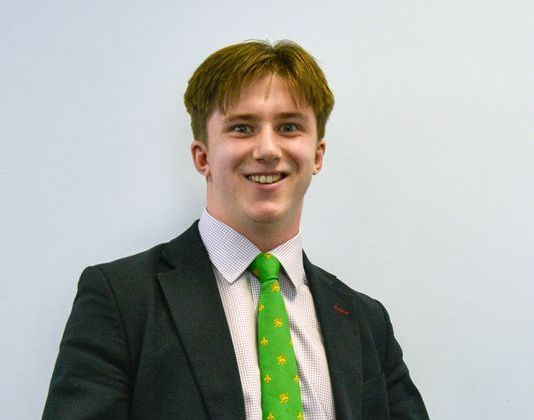
Hugo Pattison
Tell us about the degree apprenticeship offer you have received.
I have been offered an Engineering Degree Apprenticeship with Airbus.
You also applied through UCAS for 'normal' degree course and have received several offers from top universities. What attracted you to applying to employers for a degree apprenticeship as a preferred route to this?
I learned of degree apprenticeships though attending several careers fairs. At these I was able to talk to current degree apprentices and I found out about all of the various benefits of the courses alongside the working environment, this alongside the pay and lack of student debt made degree apprenticeships appeal to me massively.
How did you apply for your degree apprenticeships and what did the application process involve?
I applied directly through the company’s careers website. The Airbus application process required me to submit a CV and a covering letter, followed by a virtual assessment centre that included group work and an individual interview.
This process did vary slightly compared to applications for other companies.
How did Norwich School help you achieve this offer?
Through Mrs James I completed the Apprenticeship Academy which helped me to establish good interview habits and to answer questions concisely and to the point. I also believe that mock interviews in Lower 6 helped to set me up for this process.
How will your degree apprenticeship work?
I will be working at Airbus' East Factory, moving through several rotations in different departments of engineering throughout the site.
What else have you been involved in at Norwich School outside of academic work? Will you be able to continue these activities when you start your degree apprenticeship in the autumn?
I have played rugby throughout my time at Norwich School and more recently become a member of the Boat Club (rowing). At this point I am unsure which pursuits I will keep up once I've left school but I will certainly be doing something!
